About Different Paver Sizes – Large Format
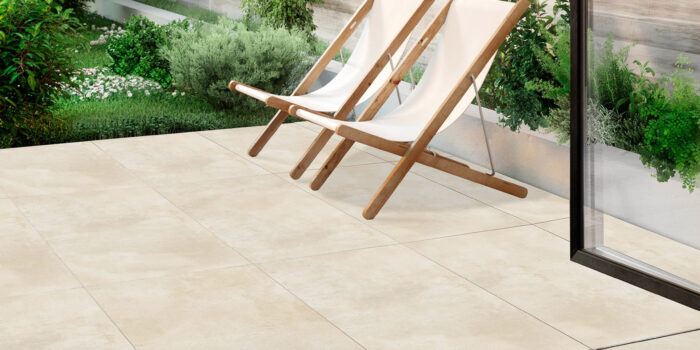
Pavers come in various shapes and sizes, each offering unique aesthetic and functional qualities to outdoor spaces and landscaping. Whether you’re revamping your backyard patio or designing a picturesque walkway, choosing the right paver size is crucial for achieving the desired look and functionality of your project.
Understanding Paver Sizes
Paver sizes typically vary to accommodate different applications and design preferences. From small intricate patterns to expansive open spaces, there’s a paver size suitable for every project. Let’s take a closer look at some common dimensions:
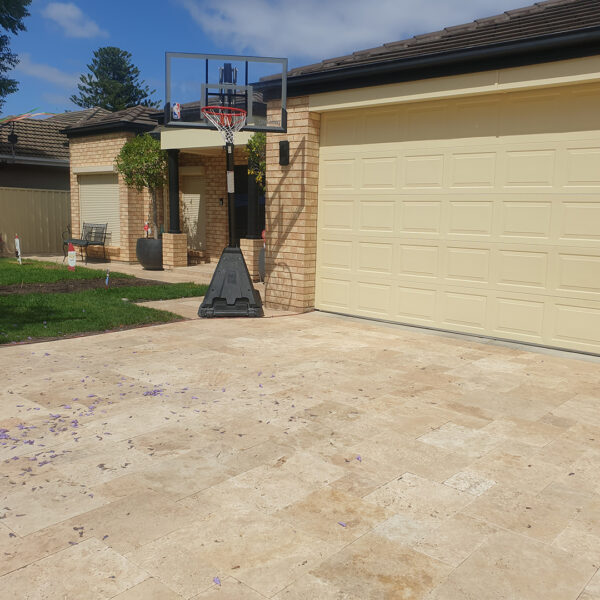
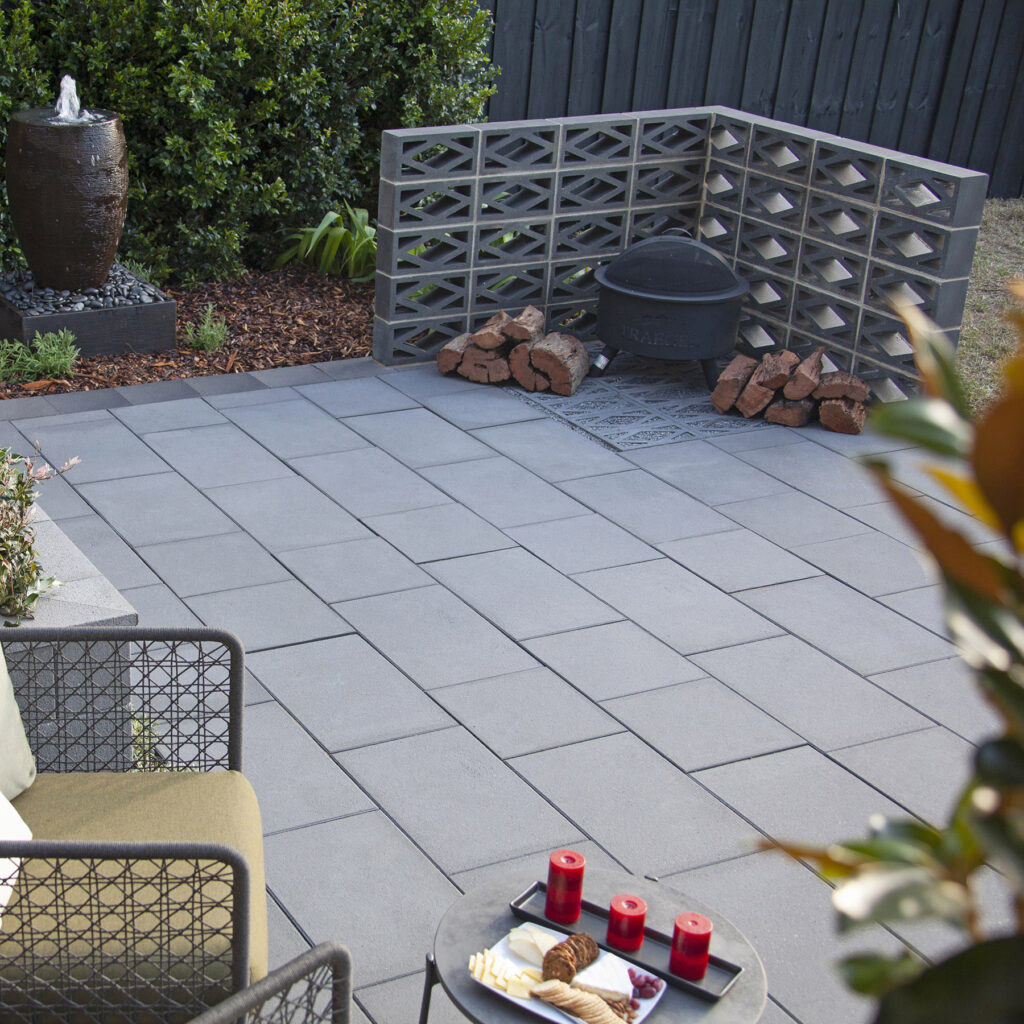
What are Standard Paver Sizes?
Standard paver sizes often range from small dimensions like brick pavers 100 x 200mm to square sizes like 250 x 250mm and 300 x 300mm. These sizes are widely used in both residential and commercial projects due to their versatility and ease of installation.
what size are Large Format Pavers?
Beyond the standard sizes, large format pavers have emerged as a trend in contemporary landscape design. Ranging from 400 x 400mm to even larger dimensions, these pavers make a bold statement in outdoor spaces. Large format pavers create a sense of grandeur and expansiveness, making them perfect for modern architectural settings and commercial landscapes.
Different sized pavers have different uses and the following are some examples of the sizes, uses and product range –
400 x 400 Pavers
Square pavers are great for DIY as they are lighter and easier to handle in the large format range. They are popular for their uniform and even look. It also makes calculating your m2 easier.
600 x 300 Pavers
These rectangular slimline pavers are currently the most popular size due to their modern style. They have an even proportion/ratio and are perfect for entertaining areas, patios, alfresco spaces and around pools.
600 x 400 Pavers
These larger rectangular pavers are commonly used for stepping stones and pathways.
500 x 500 Pavers
These larger style pavers give the sense of making a space look and feel bigger, due to less spacer lines between the pavers. If you’re looking to really open up a space, go for larger style pavers in a lighter, neutral colour tone.
600 x 600 Pavers
The 600 x 600 paver size has gained popularity in recent years for its balance of practicality and aesthetic appeal. These square-shaped pavers offer a modern look and are well-suited for various outdoor applications such as patios, pathways, and pool decks. Their larger size makes them ideal for covering large surface areas quickly, reducing installation time and labour costs.
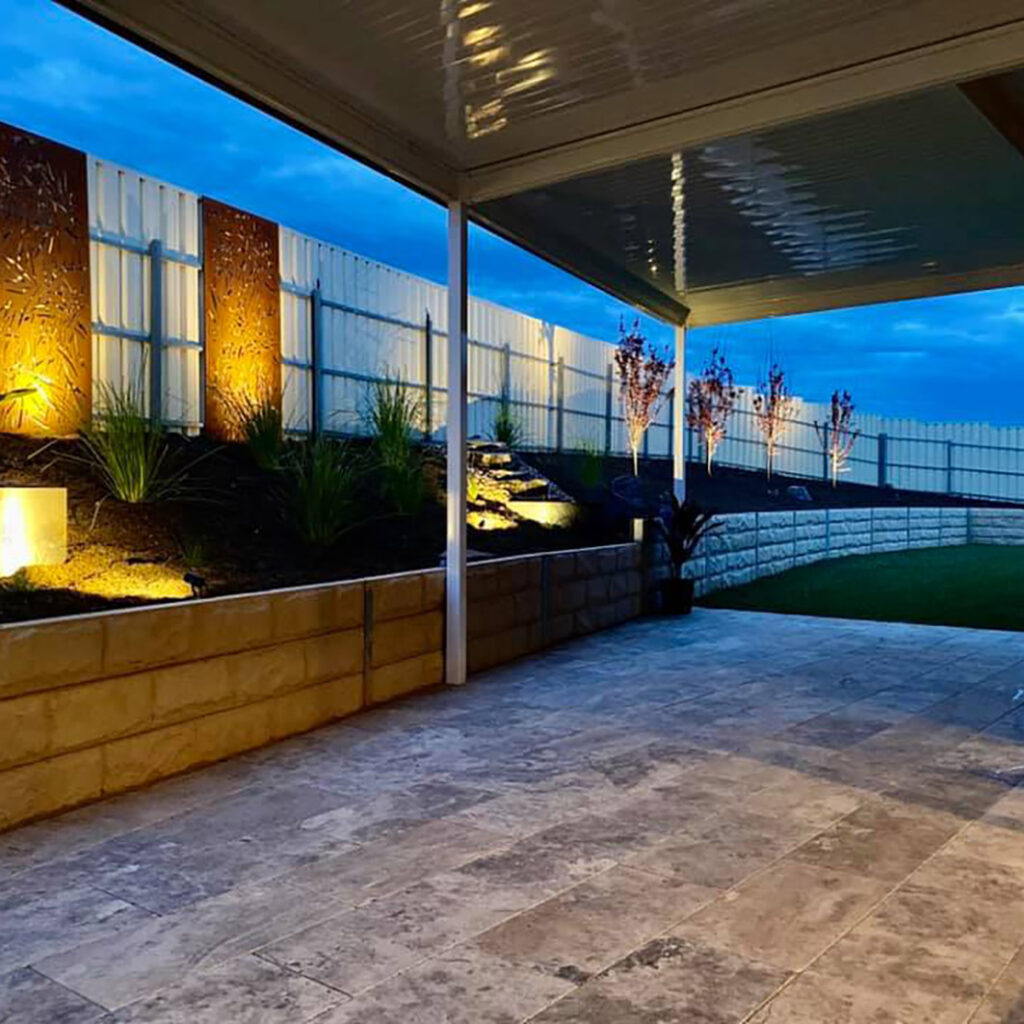
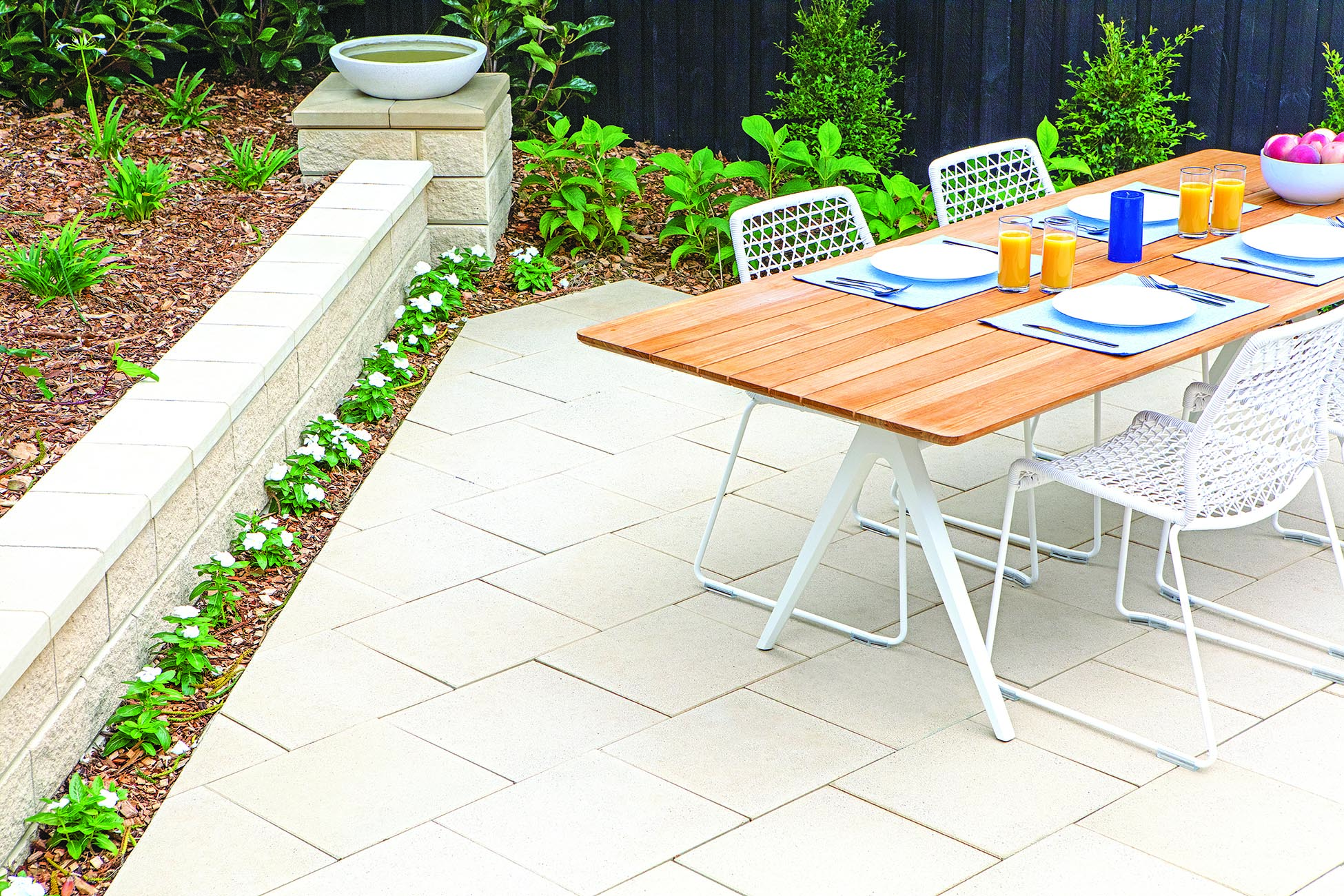
Benefits of Different Paver Sizes
Each paver size offers its own set of benefits, depending on the specific needs of your project:
Versatility: Pavers come in various sizes to accommodate different designs and space constraints. Whether you prefer a traditional brick pattern or a sleek, minimalist look, there’s a paver size that fits your vision.
Visual Impact: Larger pavers, such as the 600 x 600 and large format varieties, can visually enlarge outdoor spaces and create a sense of continuity. They’re particularly effective for defining expansive areas and creating a seamless transition between indoor and outdoor living spaces.
Ease of Maintenance: Larger pavers generally require less maintenance compared to smaller ones, as there are fewer joints where weeds can grow and debris can accumulate. This makes them a practical choice for busy homeowners.
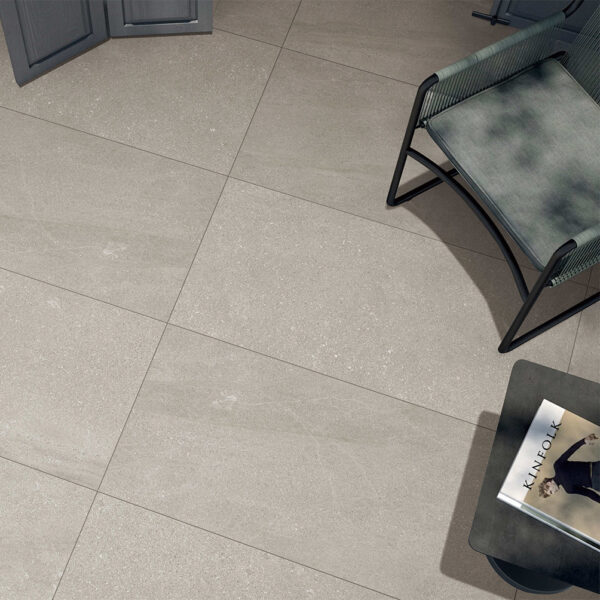
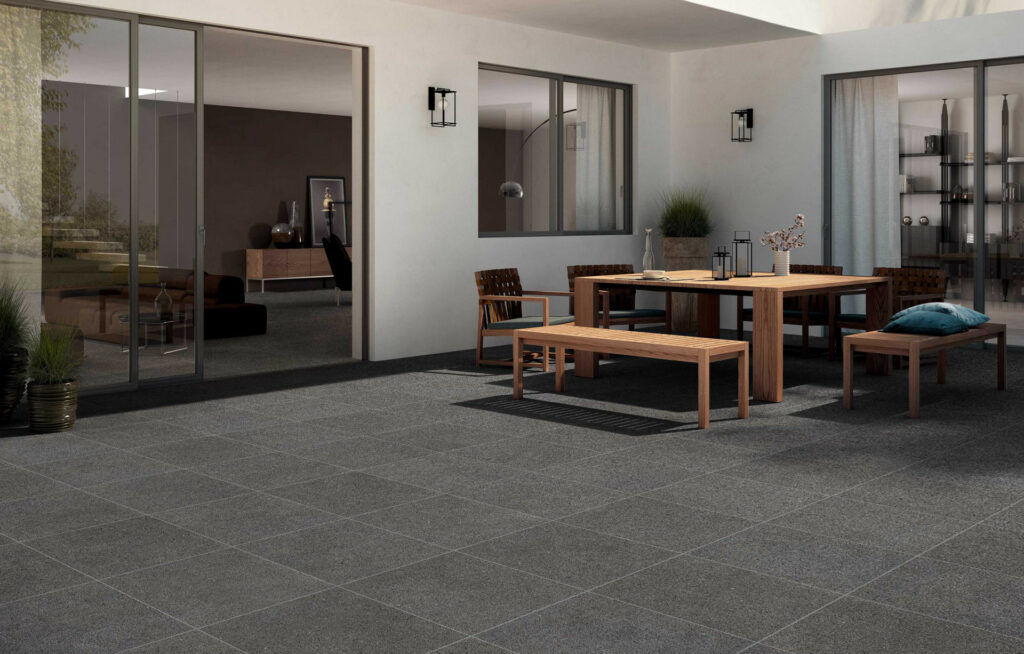
How to Choose the Right Size Paver for Your Project
When selecting paver sizes for your outdoor project, consider the following:
- Scale and Proportion: Choose paver sizes that complement the scale and proportion of your outdoor space. Larger pavers work well in expansive areas, while smaller sizes may be more appropriate for intimate settings or intricate designs. Brick pavers are popular for driveways due to the paving pattern you can lay them in for aesthetics and added strength and durability.
- Design Aesthetic: Consider the overall design aesthetic you wish to achieve. Traditional spaces may benefit from standard-sized pavers, while contemporary and modern spaces can be enhanced with large format options.
- Practical Considerations: Practical considerations such as budget, installation complexity and maintenance requirements when choosing paver sizes. Larger pavers may need a bit of extra time for installation, while smaller ones offer greater flexibility in design and budget and are great for DIY paving.
Paver sizes play a crucial role in shaping the visual impact and functionality of outdoor spaces. From the timeless appeal of standard sizes to the contemporary and modern elegance of large format pavers, there’s a size to suit every style and preference. By understanding the benefits of each size and your project’s specific requirements, you can create stunning outdoor spaces to enjoy.
Request a Quote today!
Send us a product enquiry or request a quote online

















